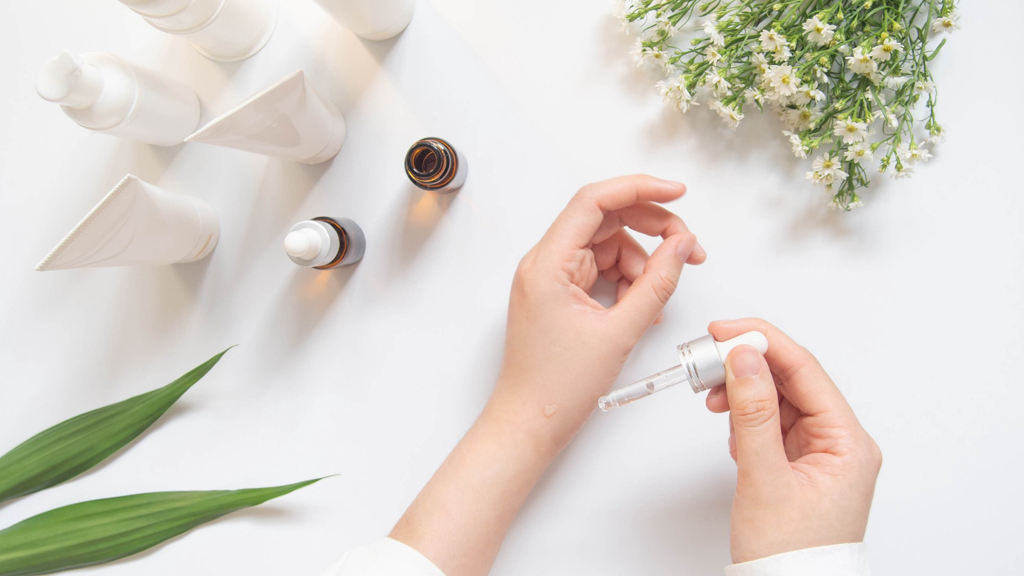Prove Your Product’s Effectiveness with Efficacy Testing


Before launching a functional product, such as deodorant, it is essential to measure its effectiveness. Measuring a functional product’s level of efficacy allows brands to make substantive claims about their product’s performance supported by scientific research.
Brands that make unsubstantiated claims in marketing materials or on the packaging of their products can run into difficulty with regulatory bodies and face hefty fines. To prevent this from happening to your brand, you should prioritise efficacy testing.
But what exactly is efficacy testing?
Efficacy testing is the process of rigorously testing a product and putting it through various trials to confirm the attributes claimed in marketing materials. It is every bit as important as the sensory profiling your product went through. Even if the product appeals to consumers, they will still need scientifically-backed certainty that it will perform as described when they take it home.
Products such as deodorants often claim to “offer 24-hour protection”. The claim is placed on all the product’s marketing materials such as labels, advertisements, and the company website. Efficacy testing will allow you to make these claims with confidence, as you’ll have expert scientific research to support your claims.
Consumers shop with certainty in mind and require evidence that products will perform as expected.
To convince consumers of a product’s abilities, brands spend a lot of time and money on packaging research, marketing materials, and sample distributions. Although these marketing strategies can be effective, the most convincing evidence a customer needs is proof that the product has undergone extensive scientific testing by experts.
Efficacy testing achieves this outcome by measuring a product’s performance using scientific methodology. The process is objective, and the metrics gathered during the testing process can be relayed directly to customers through your branding.
Trust is an essential part of your relationship with consumers. The first step to gaining that trust is releasing a scientifically supported product that does what it claims to do.
There are many efficacy testing methodologies, but your product’s nature will determine which method is used. For example, make-up products must undergo rigorous clinical trials to prove their effectiveness. Antiperspirants, on the other hand, tend to undergo scientific testing conducted by trained assessors.
Some products may also need to be tested in different locations, such as central testing locations or home-use testing placements. The duration of the testing period, the nature of the trial, and the feedback format all depend on your product. However, you can use all data collected during the testing process to support your product’s efficacy claims.
At Wirral Sensory Services, we understand how vital brand trustworthiness is for your product’s success. Our efficacy testing is designed to be objective, rigorous and relies on verified scientific methodologies.
We have been providing efficacy testing services to start-ups and leading UK brands for over 20 years and have extensive experience testing a wide range of products. We have done it all, including assessing foot and oral malodour reduction products, testing antiperspirants and deodorants for in-vivo efficacy, and much more.
Contact us today to find out more about how our high-quality efficacy testing services can help your brand live up to its claims.